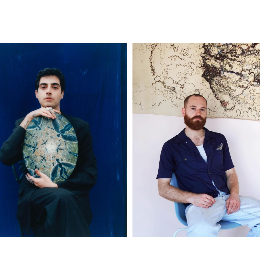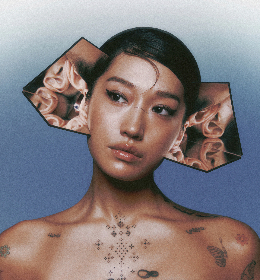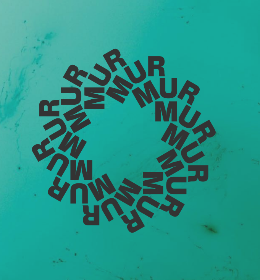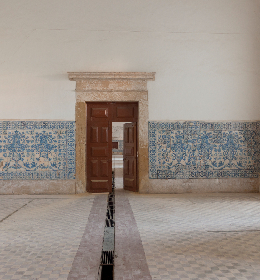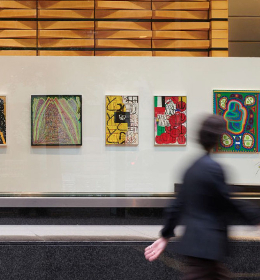Sheba Chhachhi wins 2017 Prix Thun for Art and Ethics Award
Indian artist and women’s rights activist Sheba Chhachhi has been awarded this year’s Prix Thun for Art and Ethics Award, now in its second edition. The award, established by Swiss artist George Steinmann, recognizes artists who promote sustainability in their work — last year’s inaugural edition saw Austrian artist and filmmaker, Olivier Ressler awarded.
Chhachhi, based in New Delhi, will receive CHF 25,000 ($25,700) for her artistic practice — for bringing a heightened awareness of the challenges faced by women at all levels of society. Her work also often investigates questions of gender, eco-philosophy, violence, and cultural memory. The prize will be presented during a ceremony on August 25. Details via ArtAsiaPacific.
American Art Revival Act to reduce art professionals’ debt
Congresswoman Nydia M. Velázquez is working to help artists reduce their student loan debt by as much as $10,000 with the American Arts Revival Act. In order to qualify for “forgiveness,” individuals must work full-time in the performing, visual, or musical arts fields, which provide services to seniors, children, or adolescents.
The bill would also amend the Higher Education Act of 1965, to state that professionals working in the arts are operating in the public interest. More than one hundred institutions such as the Pratt Institute, Carnegie Hall, and the California Institute for the Arts have already endorsed the proposed legislation. Details via artnet news.
Artificial intelligence art raises challenges to proprietary rights in Japan
A team of researchers led by Shigeki Sagayama at Meiji University, have created a number of Artificial Intelligence (AI) software devices able to “create art.” The software, available for use online, named Orpheus, can compose melodies, whilst researchers at Nagoya University have created automated literature writing devices.
This move towards AI art in Japan has sparked a number of debates at Tama Art University, led by artist and professor Akihiro Kubota as to whether “the concept of authors (or composers or artists) may become less important” and whether it should be determined “how extensively humans are involved” in contemporary art-making. Kubota developed one such creative project when he sent into space a microsatellite carrying AI software which composed music and poetry based on temperature and other data. These compositions were then transmitted to Earth, where Kubota translate them into a sculpture. Details via The Japan Times.
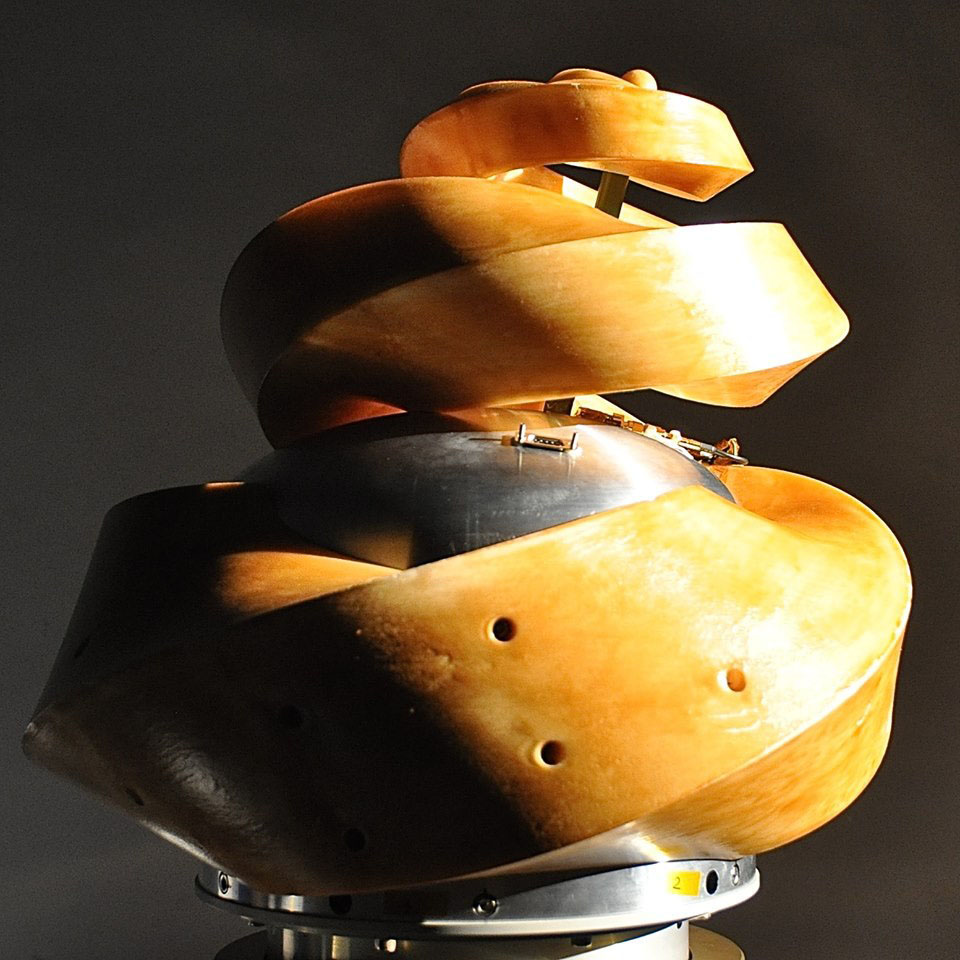
An artificial intelligence-equipped microsatellite composes music and poetry in space and sends them back to Earth, where they are transformed into sculpture, shown in this handout photo. | COURTESY OF TAMA ART UNIVERSITY PROFESSOR AKIHIRO KUBOTA / VIA KYODO
Christie’s sued by collector for cancelling sale
News has emerged, via The Art Newspaper, that a lawsuit was filed in April against Christie’s auction house for attempting to secure a lot by withholding and attempting to resell a David Hammons painting, Coach (1974), at last month’s post-war and contemporary art evening sale.
Philippe Dupont, the purchaser of the piece and plaintiff in the case, won the lot number 67, with a phone bid of $390,000. After a confirmation email from Christie’s, he wired the auction house his $475,500 total with premium on March 8, clearing his bank 10 March. One week later, he received a phone call from four Christie’s employees to cancel the sale, and re-auction the work on 17 May. The resale was cancelled due to the lawsuit with the ownership of the Hammons work remaining unclear.
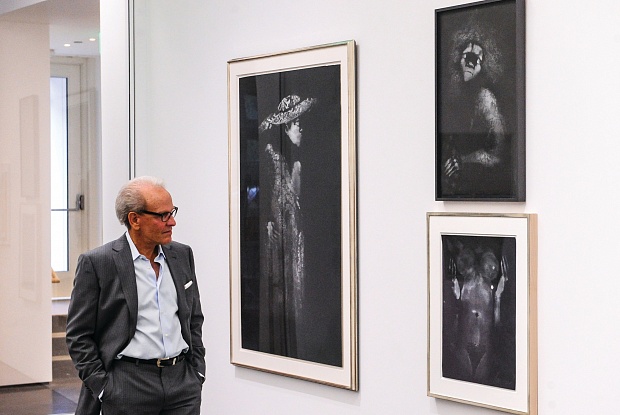
Body prints by David Hammons on show at the Aspen Art Museum, Colorado. Photo: Billy Farrell/BFA/REX/Shutterstock





